The first principle is that you must not fool yourself and you are the easiest person to fool
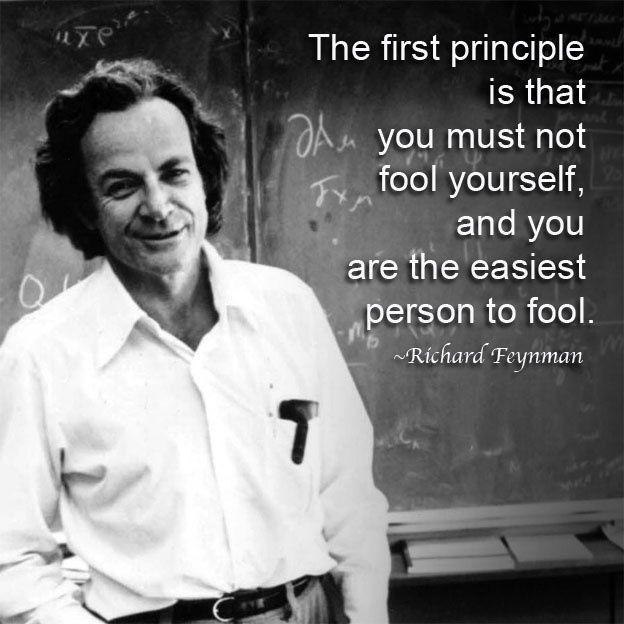
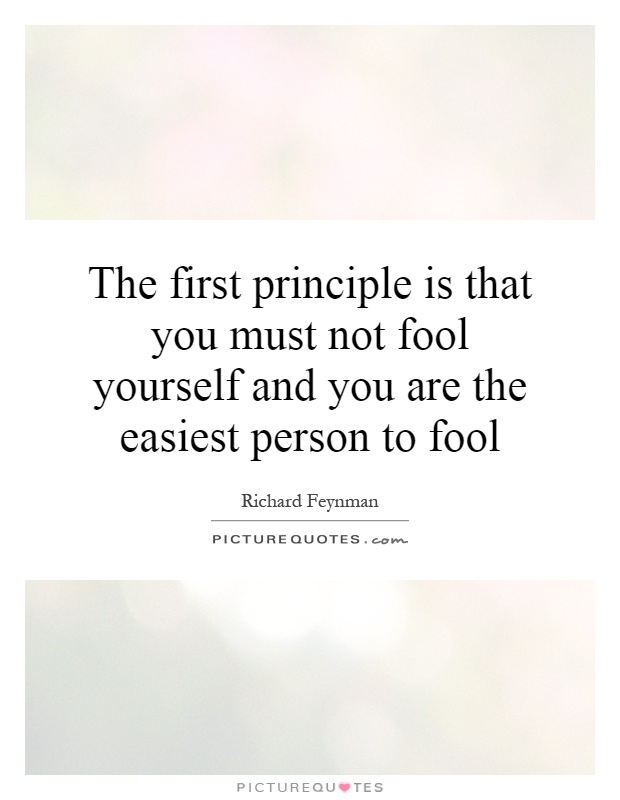
The first principle is that you must not fool yourself and you are the easiest person to fool
Richard Feynman, a renowned physicist and Nobel laureate, was known for his sharp intellect, wit, and unconventional approach to science. One of his most famous quotes is, “The first principle is that you must not fool yourself and you are the easiest person to fool.” This statement encapsulates Feynman’s belief in the importance of intellectual honesty and self-awareness in the pursuit of knowledge.Feynman understood that the human mind is prone to biases, preconceptions, and self-deception. As a scientist, he recognized the need to constantly question his own assumptions and beliefs in order to arrive at the truth. He was acutely aware of the dangers of confirmation bias, the tendency to seek out information that confirms one’s existing beliefs while ignoring evidence that contradicts them. By acknowledging that we are the easiest person to fool, Feynman was reminding us to be vigilant against our own cognitive biases and to approach our own thinking with skepticism.
Feynman’s emphasis on intellectual honesty also reflects his commitment to the scientific method. In science, the goal is to uncover the truth about the natural world through observation, experimentation, and logical reasoning. This requires a willingness to follow the evidence wherever it leads, even if it challenges our preconceived notions or cherished beliefs. By being honest with ourselves about our own limitations and biases, we can better evaluate the evidence and arrive at more accurate conclusions.
Furthermore, Feynman’s quote can be seen as a call to humility. It is easy to fall into the trap of thinking that we have all the answers or that our opinions are infallible. However, true wisdom comes from recognizing our own fallibility and being open to new ideas and perspectives. By acknowledging that we are the easiest person to fool, Feynman was reminding us to approach our own thinking with humility and to be open to the possibility that we may be wrong.



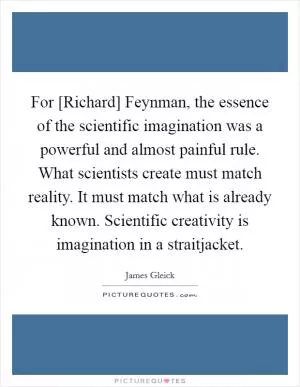
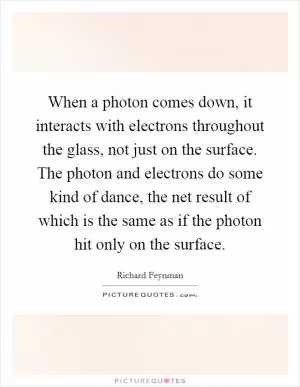
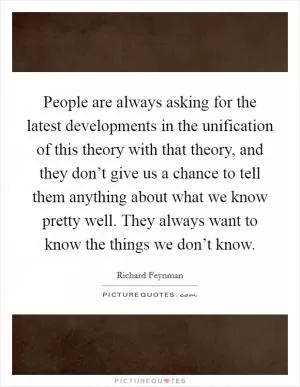
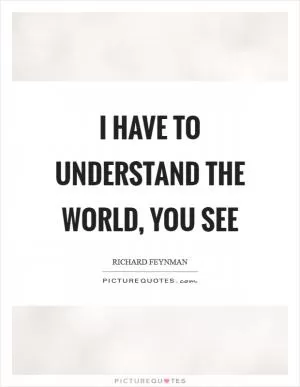
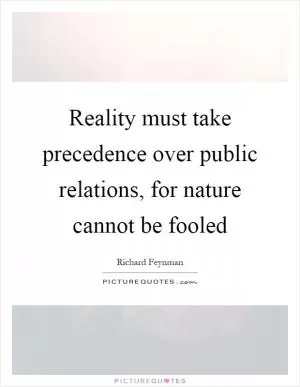


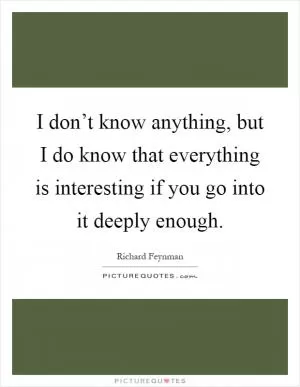

 Friendship Quotes
Friendship Quotes Love Quotes
Love Quotes Life Quotes
Life Quotes Funny Quotes
Funny Quotes Motivational Quotes
Motivational Quotes Inspirational Quotes
Inspirational Quotes